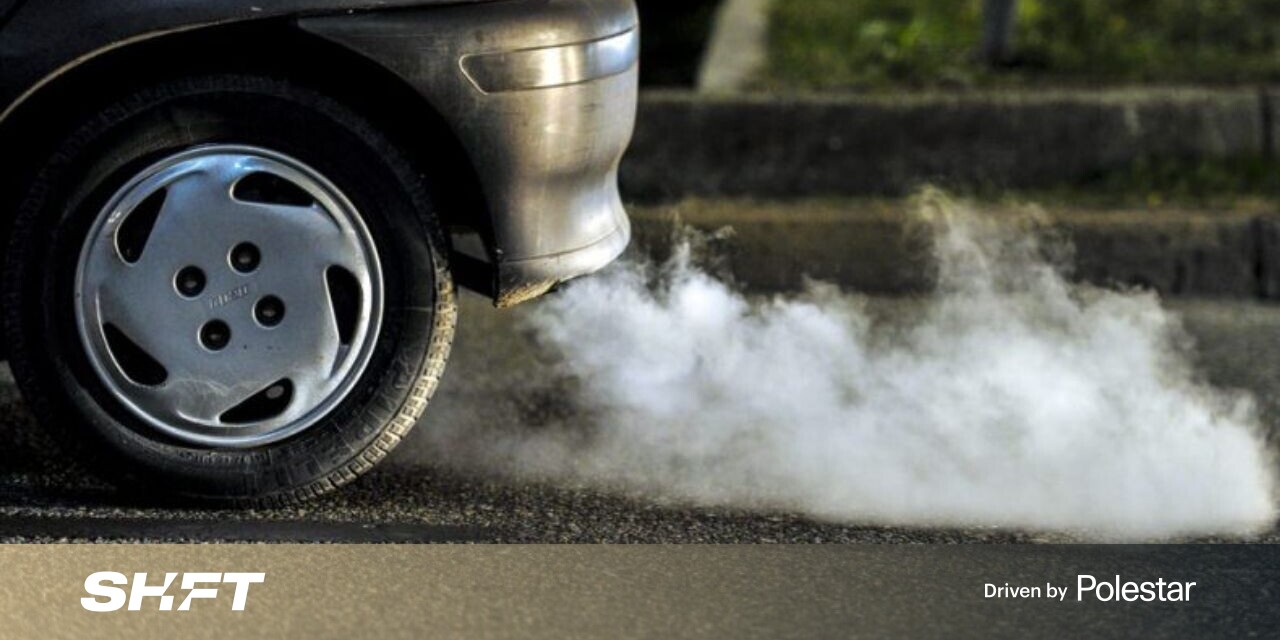
Hybrid vehicle sales skyrocketed in Europe during the first quarter of 2021, reaching roughly 256,000 (up 264% year-over-year), EV-volumes.com reports. Hybrids remain a much more popular choice than battery electric vehicles, but the question is whether they are actually sustainable and good for the environment.
A collaborative study by the European Federation for Transport and Environment and Greenpeace has found that CO2 emissions from plug-in hybrid vehicles are up to 2,5 times greater than official tests and manufacturer marketing suggests.
Based on data gathered from over 20,000 plug-in hybrid drivers around Europe, the average plug-in hybrid car produces around 28 tonnes of CO2 in its lifetime, which is but a small reduction on the 39-41 tonnes of CO2 produced by the average petrol or diesel car.
For a hybrid to be green, it would need to operate on electricity as much as possible, but that’s not usually the case. On the contrary, a hybrid car produces at least 40-70% of the emissions of a petrol or diesel car, and creates 15% more emissions in its manufacture than a battery electric vehicle, according to a study by the Low Carbon Vehicle Partnership in collaboration with Ricardo.
And, obviously, hybrid vehicles still require fossil fuels, which means they need oil that has to be extracted, refined, and transported around the world. This means that they partake in the same cycle of pollution that petrol and diesel vehicles do.
So, why are car manufacturers presenting them as a “green choice” ? Well, because they are aware of the high demand of fully electric vehicles. By presenting them as “the best of both worlds” and passing them off as climate-friendly, they can appeal even to the consumers who hesitate to make the full switch. That way they can increase their sales and maintain a “green” vision, while in reality hybrids continue to worsen the climate crisis.
To oversimplify, hybrids are bad. They produce harmful emissions and they mostly run on petrol or diesel. If we’re really serious about reaching our environmental goals, the zero-emission BEVs are the only viable solution. Car companies should invest more on facilitating this change, than on “greenwashing” marketing strategies.
Do EVs excite your electrons? Do ebikes get your wheels spinning? Do self-driving cars get you all charged up?
Then you need the weekly SHIFT newsletter in your life. Click here to sign up
